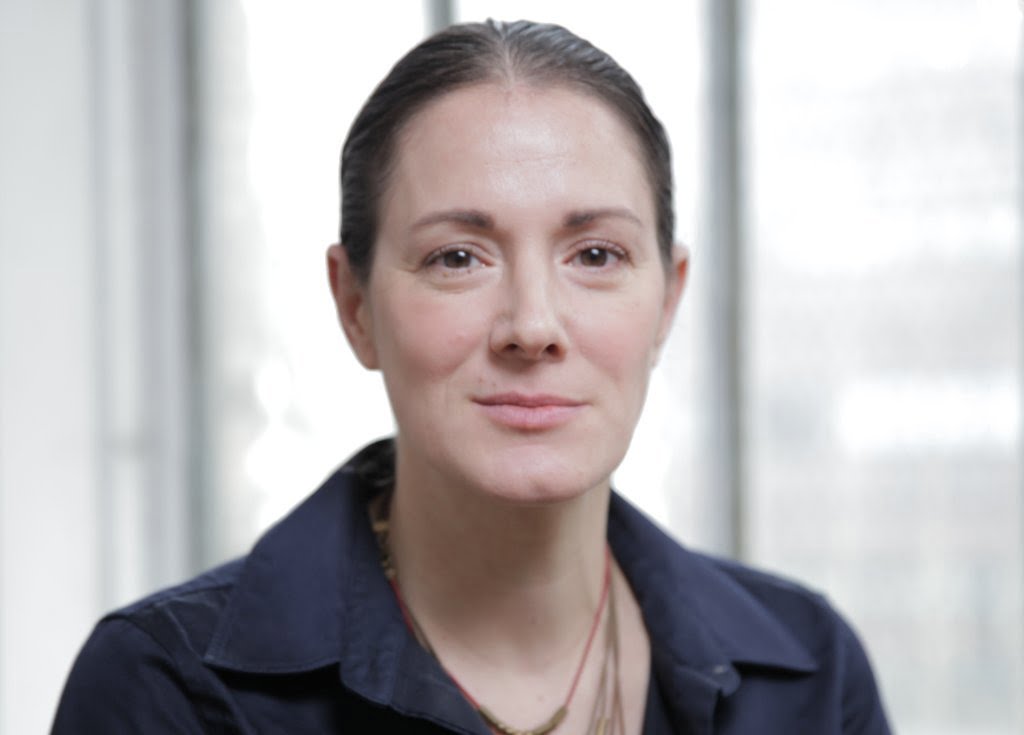What does it take to break into the male-dominated startup world, found an internationally-recognized startup and lead it to a $145 million exit only a few years later? Well, according to many, it helps if your name is Dr. Michal Tsur.
Co-founder of Cyota, the online security firm that sold for millions in 2005; current president and co-founder of Kaltura, an open source video platform that partners with big names like AT&T, Disney and ABC; and an investor in various other successful startups, it’s safe to say that Michal Tsur has kept her hands full.
In an interview with NoCamels, Tsur shared her secrets to making it in the tech business while juggling family, cross-continent living, staying in shape – and without ever having the slightest knowledge about coding.
Curing boredom with a startup!
 Most people make it out of university with one degree (hopefully), but Tsur holds both a doctoral degree from NYU and a post-doctoral degree from Yale. You may be asking yourself, “Ok, so she’s a genius, but where does the tech part come in?” Well we asked her the same thing.
Most people make it out of university with one degree (hopefully), but Tsur holds both a doctoral degree from NYU and a post-doctoral degree from Yale. You may be asking yourself, “Ok, so she’s a genius, but where does the tech part come in?” Well we asked her the same thing.
“I got involved in the tech world by accident. I was finishing my doctoral degree in game theory application at NYU and I decided that the academic world wasn’t fulfilling enough for me. That’s when a good friend approached me and said ‘Hey, let’s start a startup together.’”And that, according to Tsur, is when it all began.
This friend, who happens to be Ben Enosh, a well-known name in the (bio) tech industry even before Cyota, approached Tsur in 1999, just as the first dot-com boom was unraveling. Then, joining a startup as a founder or an investor was a huge risk because “the startup world was still in diapers.”
Yet the power of friendship inspired Tsur to take the leap and along with the now Economics Minister, Naftali Bennett and another friend named Lior Golan, the foursome created Cyota.
Before we tell you about Cyota’s big exit, it is probably worthwhile to know that Tsur entered the startup world with no knowledge of coding or any of that “nerdy” business, “I’ve never written code so I would say that there are different roles that you can play in organizations and mine would probably be understanding their business requirements.”
Tsur’s ability to understand what organizations need is what she’s good at, and it shows in her latest startup, Kaltura, which acts as a “privatized” YouTube for universities, entertainment companies and major corporations.
“Women can have it all”
Sign up for our free weekly newsletter
Subscribe In 2005, Cyota was acquired by RSA Security for $145 million, which may not seem so grandiose in today’s terms (with Facebook buying up startups a billion dollars a piece), but was pretty astounding at the time. Despite that, Tsur is not sure the moment was ripe to sell: “The acquisition itself was obviously a great thing, but in retrospect, we probably sold too early because we could have built a big, or the biggest, anti-fraud and security company. We were a little tired and everyone wanted to move in different directions.”
In 2005, Cyota was acquired by RSA Security for $145 million, which may not seem so grandiose in today’s terms (with Facebook buying up startups a billion dollars a piece), but was pretty astounding at the time. Despite that, Tsur is not sure the moment was ripe to sell: “The acquisition itself was obviously a great thing, but in retrospect, we probably sold too early because we could have built a big, or the biggest, anti-fraud and security company. We were a little tired and everyone wanted to move in different directions.”
A change of pace would seem natural for Tsur, seeing as she was only 25 when Cyota was founded in 1999, and was then ready to start her family. Tsur married Eran Shalev, the “intellectual historian”, as he terms it, a professor of history at the University of Haifa.
But instead of slowing down her pace, Tsur trippled it (at least), with three births and the launch of Kaltura. Tsur says the startups seem to coincide with major chapters in its founders’ lives. “While Cyota and its aftermath saw a wave of weddings, Kaltura has seen a baby boom!”
Tsur’s first shining moments as a woman in high-tech came during the sale of Cyota, when she, the most degree-decorated of the bunch, became the face of the company in a number of business interactions.
Yet she does not believe that she received special attention for being a woman in a field dominated by men: “At Cyota we were all really young so my gender was never really an issue, but in general I think that it all depends on the people leading the organization and to what extent they are family-friendly in their approach.” Tsur believes that such supportive values continue to be present at Kaltura, where there are three “C-level” positions held by women as well as various other middle management positions.
Still, Tsur never rests on her laurels. She did her post-doctoral fellowship at Yale Law School in the Information Society Project, where her research focused on open-source data and memetics. She has also taught courses in game theory and business planning at a number of leading Israeli universities, has done research for a major Israeli think tank and has clerked for the Supreme Court. When she has free time (the idea that she has any free time baffles me), Tsur likes to keep up her triathletic skills and to swim.
Although Tsur’s accomplishments definitely set her apart from the bunch (I’m breaking into a sweat just writing this), she believes that tech is the ideal place for women with every kind of lifestyle. “Tech is less bureaucratic, more equal in the way that businesses distribute tasks, and more open to partnership and sharing. There is also a good degree of personal flexibility if you are able to manage your time right and, although it might be tiring at times, I really do believe that women can have it all in high-tech if they want.”
Splitting her time between Israel and New York, her demanding profession and three kids, Tsur may have discovered the Holy Grail of female professionalism in tech, or she may just be one of those rare female specimens (see Facebook CEO Sheryl Sandberg’s polemical new book “Lean In: Women, Work, and the Will to Lead) who manage to somehow make it all look effortless.
Photo: courtesy
Related posts

'Startup On Steroids': Civilians Raise $3.7M To Equip IDF Troops

Comeback Kid: WeWork Founder Plans A Real Estate Revolution





Facebook comments